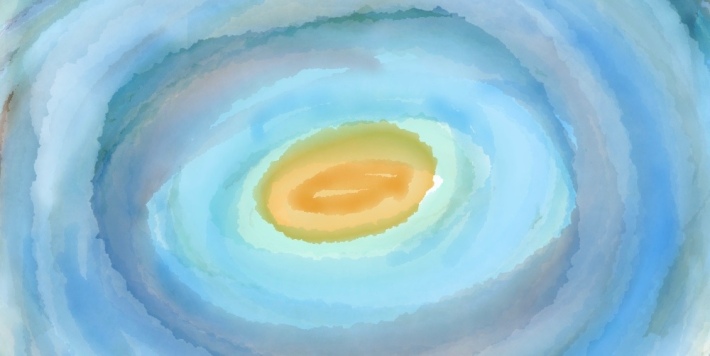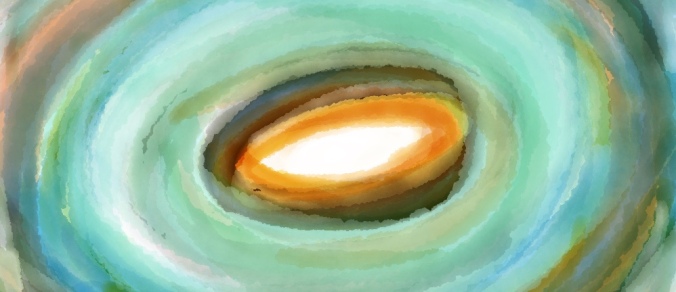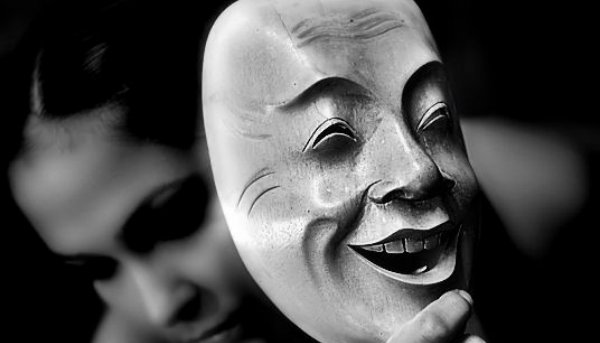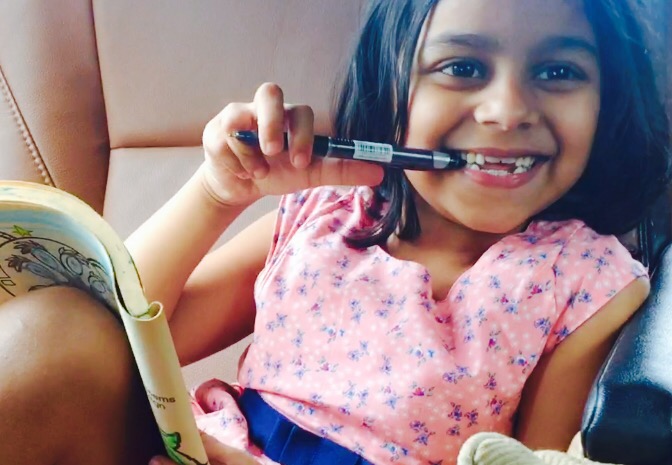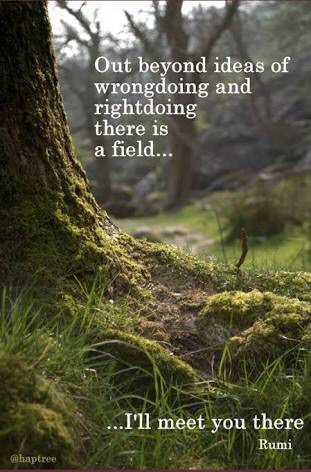
Everything is energy. All of the emotions we feel (seemingly good, bad & ugly), it’s all energy. It is best to let that energy flow rather than have it be stagnant and stuck in our bodies to manifest as physical ailments. Vent, scream or cry or just about anything that let that energy flow through you. Don’t fight, block, intellectualise your emotions. Allow that energy to pass through you. Nothing is permanent!
Grief functions in a different time zone, we need to give ourselves time to adjust to it. One day it might feel like we are feeling ready to move on, and the next day, suddenly hopelessness takes over; or we might have a mental breakdown where it feels like we are stuck in a different dimension with no way out. As I said earlier, nothing is permanent. Allow grief to take its course; surrender to it. Allowing and surrendering are is not a passive experience. In fact, it is the very opposite! Grief is mourning over lost hope or dream that was cut short due to fate, circumstances or choice, and does not discriminate. So, one could be grieving, the end of a relationship, loss of a job, life changes like a move or relocation, a chronic illness, or a scary diagnosis, not just the passing of a loved one. Each of it might feel equally gut-wrenching.
Please try not to be strong. Be ‘weak’, allow yourself to feel what it is like to just let go. Trust that the ‘feeling’ weak does not mean we are going to be emotionally crippled forever. It is only a passing phase. We need to remind ourselves of that. Nothing is permanent; nothing remains the same. Even the most painful situations or feelings, eventually pass.
Moreover, ‘staying strong’ has a significant impact physically in our body. We accumulate stagnant toxic energy which causes stress and ailments. There are no prizes for perfection. I come from a family of high functioning perfectionists who think we’ve got it all under control. That hasn’t worked so well for us. So, we are now redefining ‘perfection’ means to us. What is possible for us at this moment, without breaking ourselves in the process is perfect enough for now.
Notice the loaded labels. Events happen in our lives, tough, hard ones; they might shake us, might even break us. And we have within us the capacity to always begin again. There is no guarantee that we might not fall again, but we can eventually develop the tenacity to bounce back up quickly after a fall. Most times though, we create labels for our experiences, those are the ones that kill us. Words or phrases such as ‘abandoned’, ‘doomed’, ‘ the end of the world’, ‘misery’, ‘irreparable’, ‘irrecoverable’, ‘fight’ a disease, ‘stuck forever’, ‘betrayed’, ‘untimely;’ etc. hold a certain energy. They create automatic reactions within the body and mind and have the power to taint our perspectives as well as significantly impact our experience. They don’t invite flow into our being. We need to continually bring our awareness to these labels as and when we keep naming them.
Comparison kills joy and creativity. Let is stop comparing to what it was like before this, before the loss, before the problems, before the diagnosis, before the accident, before the breakup, before the disease etc. What is the point of comparing something to what was? When is it not that anymore? That’s our mind trying to block or deny the present. Comparison only drags us back into the past and takes away any hope of the future. If we must compare, then let’s compare our current perspective towards life as with how it was the past. How have we shifted?, has that shift been empowering or disempowering? We need to accept that this is where we are right now! What would we like to do about it? How do want to be with it? Where do we want to go from here?
Know when its time to get help. At times we might notice that we have all these insights, they make sense to us on an intellectual but we can’t seem to apply it in a way that is serving us. Hopelessness becomes a constant partner, like a dark cloud following us. We get so glued to our thoughts and are unable to step outside of them. Sometimes we are able to overcome them on our own and other times we are not. If you think or a loved one is struggling with depression, it is crucial to get help.
Faith is that pillar which keeps me rooted in the strongest of storms. Whether you are following an organised religion or being spiritual or both, whether the word that works for you is God, Universe or Nature, you undoubtedly would have experienced the power of unshakable faith, trust and surrender in some form. I know I have! When I connect to that infinite source, it feels like being linked to the endless flow of love, wisdom, compassion care anything that I ask for. So pray, be thankful for what we already have, ask for what we want, demand it and then let go. Surrender and trust that whatever happens is what we need and not necessarily what we want. Accept the gift wholeheartedly, even if we don’t know what to do with it.
Sheena Yusuf
Life & Relationship Coach (CPCC)
Professional Photographer
sheenayusuf@gmail.com
http://www.sheenayusuf.com
http://livingwabisabi.org
 Self-Care is life saver while navigating complexity. I cannot stress enough on self-care. Those of us who walk around with the responsibility chip, need to pay particular attention to caring for ourselves. Self-care is not about being selfish.
Self-Care is life saver while navigating complexity. I cannot stress enough on self-care. Those of us who walk around with the responsibility chip, need to pay particular attention to caring for ourselves. Self-care is not about being selfish.